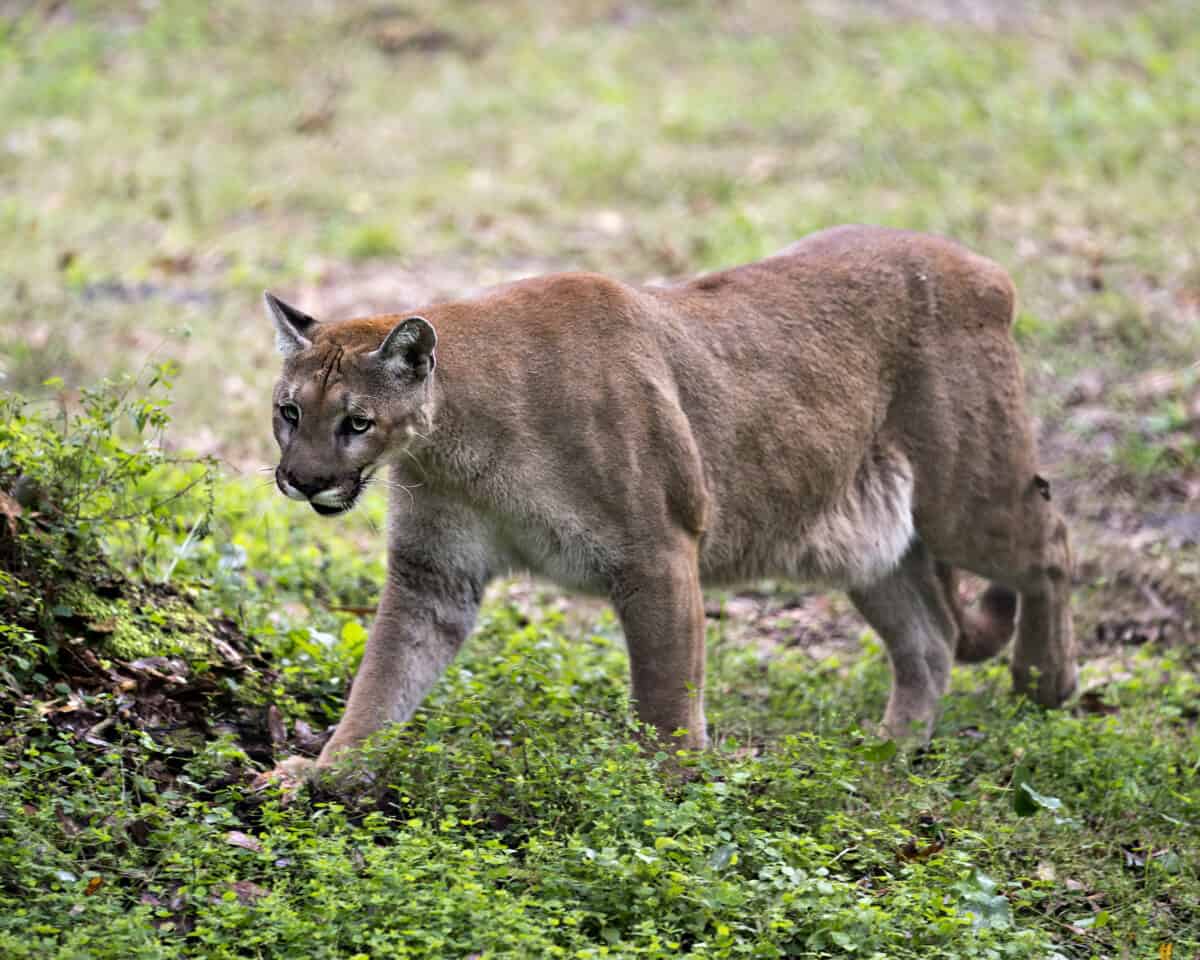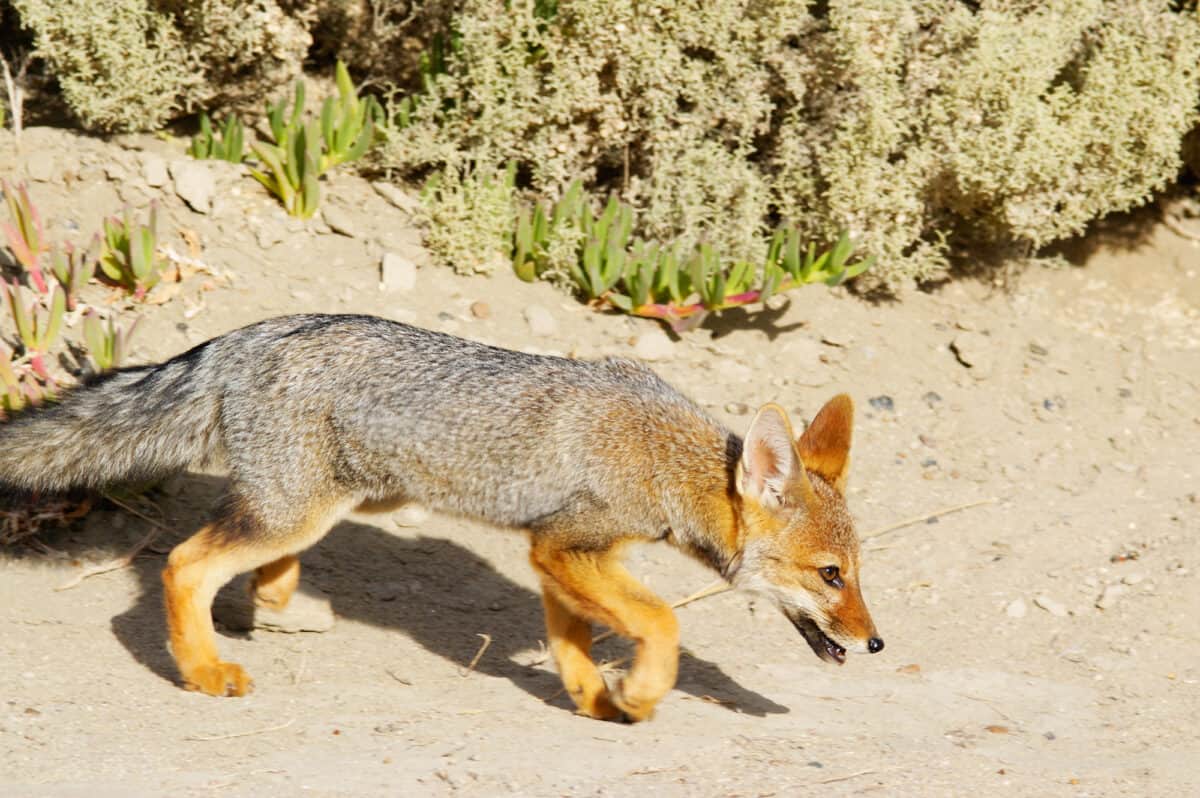The diverse landscapes of the United States, from its arid deserts to lush forests and sprawling coastlines, provide a unique habitat for some truly remarkable animals. These creatures possess striking characteristics, each adapted to their specific environment. In this journey across America, we’ll delve into the fascinating world of ten incredible animals that can only be found in the U.S. Join us as we explore their natural habitats, distinctive features, and behaviors that set them apart.
10. American Bison: The Great Plains Icon

The American bison, often referred to as the buffalo, is a vital symbol of the Great Plains. Characterized by its massive size, shaggy brown coat, and distinctive hump, the bison once roamed these plains in the millions. Endurance and resilience are hallmarks of this species, which is capable of withstanding harsh weather conditions ranging from scorching summers to frigid winters. Efforts to preserve this majestic animal have been extensive, leading to successful conservation initiatives that have saved it from the brink of extinction.
9. California Condor: A High-Flying Survivor

With a wingspan stretching up to 9.5 feet, the California condor is America’s largest bird. This impressive scavenger plays a crucial role in the ecosystem by cleaning up carrion. However, this remarkable species faced a dire situation in the late 20th century, teetering on the edge of extinction. Thanks to intensive breeding and conservation efforts, the population has rebounded. Today, these birds soar above the skies of California and parts of Arizona, symbolizing a remarkable conservation success story.
8. Florida Panther: Elusive and Endangered

The Florida panther, a subspecies of the puma, prowls the swamps and forests of South Florida. Known for its tawny coat and striking green eyes, this big cat demonstrates extraordinary stealth and agility. However, habitat loss and human encroachment have severely threatened its survival. Current conservation programs focus on habitat protection and restoring genetic diversity to ensure the longevity of this elusive predator.
7. Red-Cockaded Woodpecker: A Forest Specialist

Inhabiting the longleaf pine forests of the Southeastern United States, the red-cockaded woodpecker is a master of adaptability. Unlike most woodpeckers, it nests in living trees, a trait that makes its habitat requirements very specific and crucially threatened. This bird is easily identified by its distinctive black-and-white plumage and a small red streak that gives it its name. Conservation efforts have focused on preserving its specific forest habitat to prevent the species from further decline.
6. Gila Monster: A Desert Dweller

The Gila monster is one of only two venomous lizard species in North America, residing in the southwestern deserts. Its striking black and pink patterned skin serves not only as camouflage but also as a warning to predators. Despite their dangerous reputation, Gila monsters are relatively docile and spend most of their lives hidden underground. Conservation efforts are crucial as their desert habitat faces increasing threats from urban development.
5. North Atlantic Right Whale: The Gentle Giant

The North Atlantic right whale finds its home along the eastern coast of the U.S., specifically in the rich feeding grounds off New England. Known for their baleen plates and the distinctive callosities on their heads, these gentle giants are critically endangered. Ship strikes and entanglement in fishing gear remain significant threats to their survival. Dedicated conservation initiatives are underway to ensure safer seas for these peaceful marine mammals.
4. Channel Island Fox: Island Exclusive

Endemic to the Channel Islands off the coast of California, the Channel Island fox is a captivating example of island dwarfism. This small fox species is the smallest canid in the U.S. Due to its limited range, it faces various threats including disease and habitat disruption. Intensive conservation efforts, such as captive breeding and vaccination programs, have been critical in stabilizing and increasing its population.
3. Prairie Dog: The Essential Ecosystem Engineer

Prairie dogs, found across the central United States, play a pivotal role in their ecosystems. These burrowing rodents aerate the soil, promote plant growth, and provide habitats for other species. However, prairie dogs have faced significant population declines due to habitat destruction and widespread extermination efforts. Understanding their essential role has led to a shift in perception, with conservationists advocating for their protection and restoration.
2. Hellbender Salamander: A Riverine Reclusive

The hellbender salamander, one of the largest amphibians in North America, inhabits the cool, fast-flowing streams of the Eastern U.S. Known for its unique flat body and folds of skin, which assist in respiration, the hellbender’s survival is challenged by water pollution and habitat loss. Conservation efforts focus on preserving clean waterways and improving public awareness about this misunderstood creature.
1. Manatee: The Gentle Sea Cow

In the warm coastal waters of the southeastern United States, the manatee, or sea cow, can often be seen slowly gliding through the water. Resembling a mythical creature with its paddle-shaped flippers and whiskered face, manatees are cherished for their curious and gentle nature. These herbivorous mammals face threats from boat collisions and habitat degradation, driving conservation initiatives to create protected waterways and educate boaters on safe practices.
In conclusion, the United States is home to a fascinating array of animals, each uniquely adapted to their environment. These species, while iconic to their regions, face various threats that challenge their survival. Through concerted conservation efforts, raising public awareness, and preserving habitats, we can continue to enjoy and protect these incredible creatures for future generations. The stories of survival and resilience shared by these animals not only highlight the rich biodiversity of the U.S. but also inspire a collective responsibility to preserve the wild wonders of nature.
- 10 Unique Animal Species That Can Only Be Found in the United States - August 15, 2025
- 10 Amazing Animals You Can Only Find in the United States - August 15, 2025
- 10 Times Tornadoes Flattened Entire Towns in the Midwest - August 15, 2025

